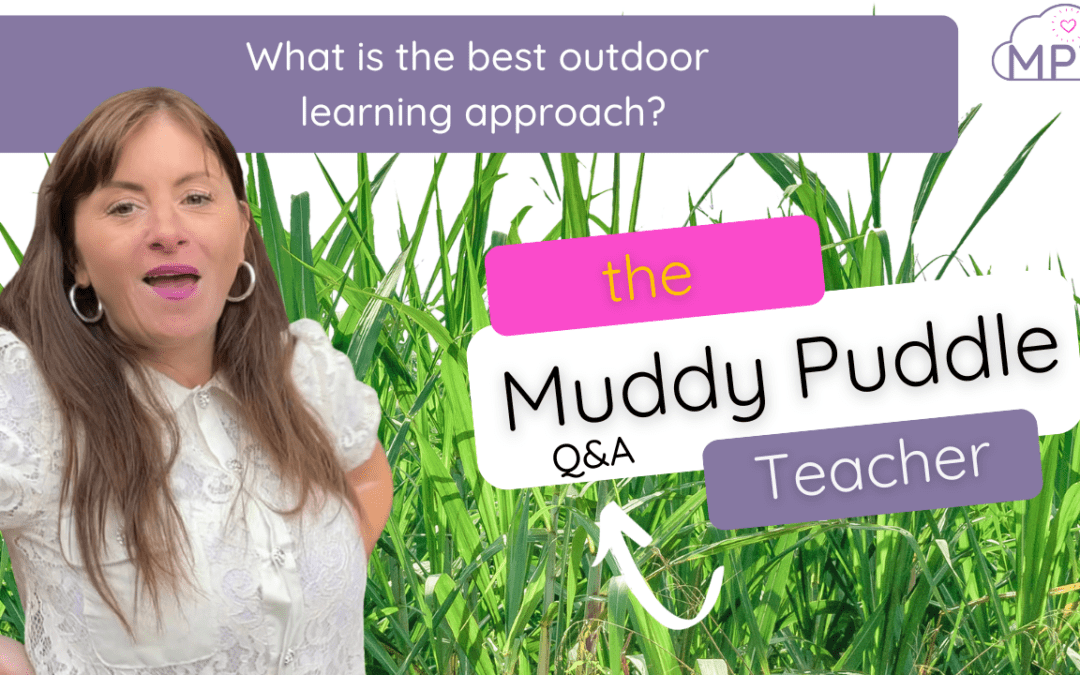Did you know that spending time in nature can enhance education? Research has shown that outdoor learning provides numerous benefits for students, both academically and emotionally. In this article, we explore the science behind outdoor learning and how it can positively impact education. Nature has a way of inspiring curiosity and imagination. When students engage with the natural world around them, they are more likely to ask questions, make connections, and develop a holistic understanding of various subjects. Whether it’s exploring the wonders of a forest, conducting experiments in a garden, or observing wildlife in their natural habitats, outdoor learning provides a hands-on and multi-sensory approach to education.
But what exactly is the science behind this educational phenomenon? Studies have shown that exposure to nature reduces stress, improves cognitive function, and enhances creativity. It also fosters a sense of wonder and curiosity, which can lead to greater engagement and retention of information. Join us as we delve into the fascinating world of outdoor learning and discover how nature can truly enhance education. Prepare to be inspired by the wonders of the natural world and its limitless potential for enriching the learning experience.
Ofsted on Outdoor Learning
At a time when modern technology seems to dominate every aspect of our lives, there is a growing movement to reconnect with the natural world. Outdoor learning has emerged as a powerful tool in achieving this, with schools embracing the benefits of taking education beyond the classroom walls. In fact, Ofsted, the regulatory body for schools in England, has recognized the importance of outdoor learning and its impact on student achievement. In this article, we will explore Ofsted’s stance on outdoor learning and how it can positively affect students’ academic performance and overall well-being. Research has shown that exposure to nature and outdoor activities can benefit students. It promotes physical fitness, enhances creativity, improves concentration, reduces stress, and fosters a sense of well-being. By encouraging children to explore and interact with the natural environment, schools are helping them develop critical life skills such as problem-solving, teamwork, and resilience.
Ofsted’s endorsement of outdoor learning has led to an increased emphasis on nature-based education within schools. By incorporating outdoor experiences into the curriculum, schools are enhancing students’ academic achievements and nurturing their holistic development. In this article, we will delve deeper into Ofsted’s guidance on outdoor learning and explore success stories from schools that have embraced this approach. Discover how the power of nature can unlock students’ potential and transform their educational journey.
Outdoor Learning Resources
We have some fantastic Science resources here at Muddy Puddle. From labelling parts of a sunflower to whole schemes of outdoor learning, lesson plans and ideas. For early years we have lovely swatch books to help children gain independence.
🌿 Embracing Outdoor Learning: Unlocking the Potential of Nature-Based Education
In today’s fast-paced, technology-driven world, the importance of reconnecting children with nature has never been more critical. Outdoor learning offers a holistic approach to education, fostering not only academic growth but also physical, emotional, and social development.
🌱 The Multifaceted Benefits of Outdoor Learning
1. Enhances Academic Performance
Engaging with the natural environment can significantly boost students’ academic outcomes. Studies have shown that outdoor learning experiences can lead to improved focus, enhanced information retention, and increased motivation to learn. For instance, a systematic review highlighted that learning in natural settings enhances student engagement and ownership of their learning.
2. Promotes Physical Health
Outdoor activities naturally encourage movement, helping children develop motor skills, balance, and overall physical fitness. Regular exposure to green spaces has been linked to improved cardiovascular health and better weight management in children.
3. Supports Mental Well-being
Nature has a calming effect on the mind. Time spent outdoors can reduce stress, anxiety, and symptoms of attention-deficit disorders. Research suggests that outdoor learning environments contribute to the development of improved self-concept and social skills among students.
4. Fosters Environmental Stewardship
By interacting with nature, children develop a sense of responsibility and care for the environment. This connection encourages sustainable behaviours and a lifelong appreciation for the natural world. The Children & Nature Network emphasises that meaningful outdoor experiences inspire children to love and care for nature.
5. Encourages Social Interaction and Teamwork
Outdoor settings provide opportunities for collaborative learning. Activities like group projects, nature exploration, and problem-solving tasks help children develop communication skills and learn the value of teamwork. Such experiences are integral to personal and social growth
🌼 Implementing Outdoor Learning in Schools
Integrating outdoor learning doesn’t require extensive resources. Simple steps include:
-
Utilising School Grounds: Transforming existing spaces like gardens or playgrounds into learning environments.
-
Curriculum Integration: Incorporating outdoor activities into subjects like science, math, and art.
-
Community Engagement: Partnering with local parks or nature reserves for field trips and projects.
Educators are encouraged to view the outdoors as an extension of the classroom, offering diverse and enriching experiences that traditional settings may not provide .
🌟 Conclusion
Outdoor learning is more than an educational trend; it’s a vital component of holistic child development. By embracing nature-based education, we equip children with the skills, knowledge, and values necessary for their personal growth and the well-being of our planet.


